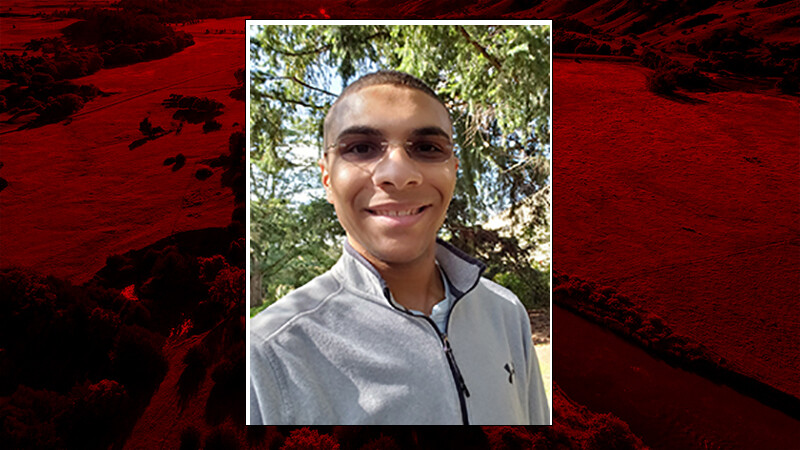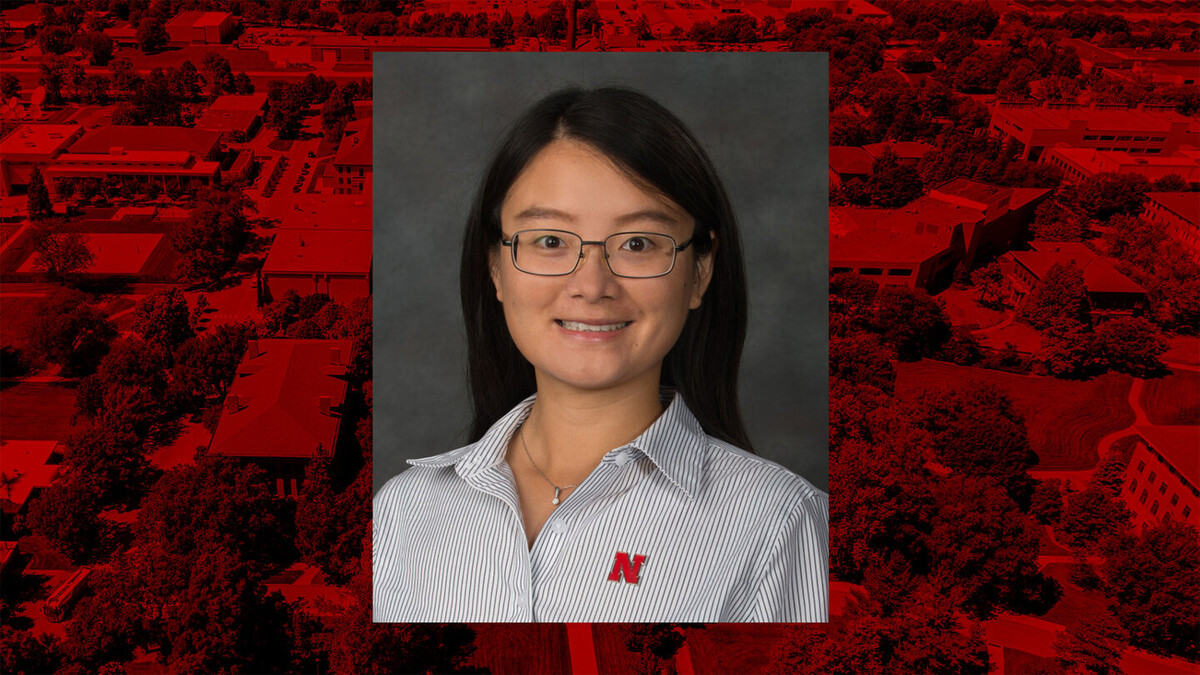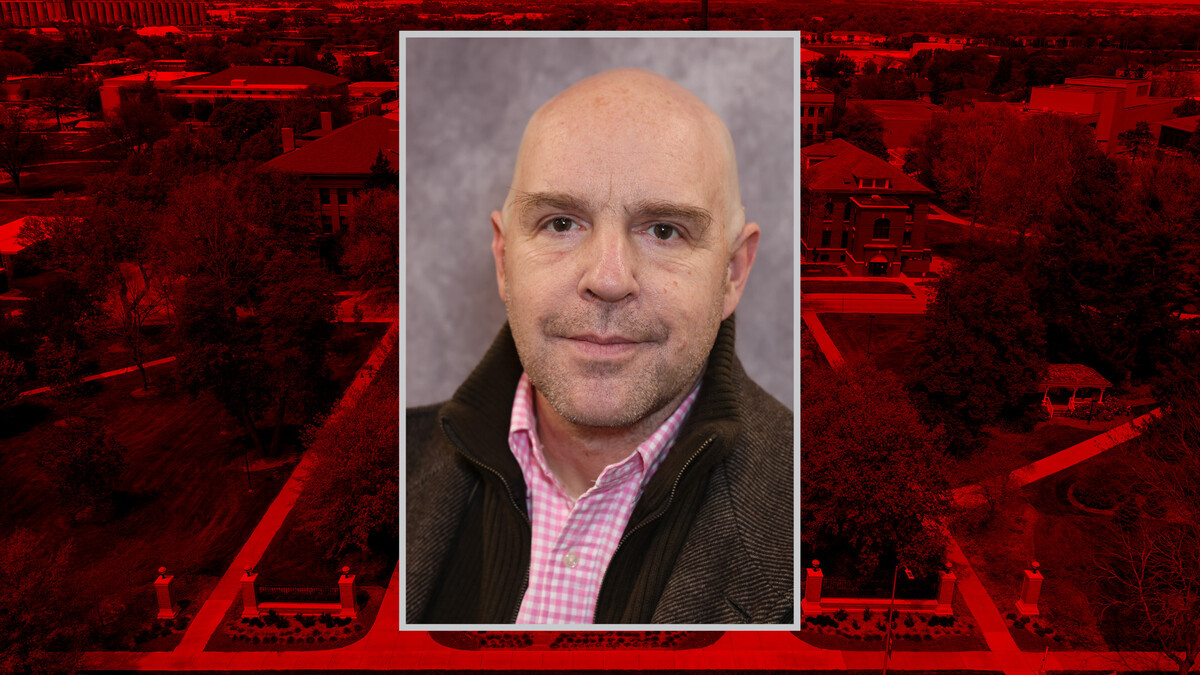
Lincoln, Neb. —Brandon Barlow, a master’s degree student at the University of Nebraska-Lincoln’s School of Natural Resources, has been awarded a National Sea Grant John A. Knauss Policy Fellowship. The fellowship is a national program that places exceptional, early-career graduate students with host offices of the federal government for a one-year fellowship in Washington, D.C.
Barlow is a graduate research assistant for the Nebraska Cooperative Fish and Wildlife Research Unit, completing a fisheries-related thesis and helping survey recreational anglers.
His fellowship, announced by the University of Minnesota Sea Grant program and the National Oceanic and Atmospheric Administration, will begin in Washington in January 2023.
Since 1979, nearly 1,500 fellows have completed the program. Fellows have become leaders in science, policy and public administration.
“As a multidisciplinary academic,” Barlow said, “I recognize the incredible potential of collaborating with people of various professional and cultural backgrounds to solve problems. In the future, I hope to find myself in a professional position that provides plenty of opportunities to collaborate with others on a variety of subjects.”
The Knauss program, he said, “has the resources to help me continue my professional journey toward this goal.”
Barlow graduated high school in Nashville, Tennessee, and earned a bachelor of science degree from the University of Miami in water, wetlands and marine resources management.
“Knauss Fellows have a unique opportunity,” said John A. Downing, director of the University of Minnesota Sea Grant program, “to directly apply their scientific knowledge and skills to creating smart water and environmental policy for the benefit of the people of the USA. Never before has there been more need to engage brilliant young minds to assist our federal agencies and policy-makers to bring sound science to policy and management for the benefit of us all.”







